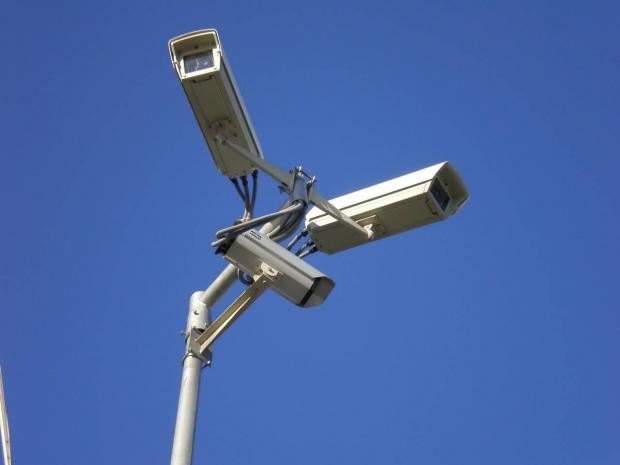
Four backbench lords are attempting to introduce key measures from the controversial draft Communications Data Bill into UK law by amending the Counter-Terrorism and Security Bill to include the majority of its clauses. The peers - Lord Carlisle, Lord King, Lord Blair and Lord West - have tabled amendments which if passed will grant the intelligence agencies in the UK unprecedented and draconian surveillance powers. Parliament rejected the draft Communications Data in April 2013 after scrutiny of the measures by a cross-party committee of Parliamentarians found that the proposed measures went too far and could not be justified. At the time, the committee stated: “we believe that the draft Bill pays insufficient attention to the duty to respect the right to privacy, and goes much further than it need or should for the purpose of providing necessary and justifiable official access to communications data.”
Civil liberties campaigners fear that these amendments go further still than this rejected legislation. On an initial reading, the limited safeguards contained in the original draft Communications Data Bill seem to be missing with the clauses on oversight, in particular, gone from the amendments tabled.
If the legislation passes, it will grant the Home Secretary the power to retain the personal communications data of every citizen in the UK for an undefined purpose for up to a year. ISPs could be forced to build server farms to capture all data as it is transmitted and received. Manufacturers of communications equipment could be forced to install hardware such as ‘black boxes’ on their products to make spying easier and by default. The scale of this state surveillance will place the UK in line with countries such as Kazakhstan, China and Iran and could place the UK on a collision course with the European Court of Human Rights and the European Court of Justice.
Jim Killock from the Open Rights Group said:
“Laying 18 pages of clauses before the Lords to insert into an already complicated bill is an abuse of procedure. The Lords cannot have time to properly consider the bill, and would deny the Commons the opportunity to consider the clauses as well.”
He added:
“The Communications Data Bill, which is inserted by the amendments, was scrutinised by a joint committee of the Lords and Commons. None of their concerns are addressed in the clauses presented. The committee's concerns over wholesale collection and analysis of data were substantial and from any perspective would need considerable changes to be made to the draft bill, now presented as an amendment to the Counter Terrorism and Security Bill. We urge Lords to attend the debate on Monday and express their concerns at this attempt to insert legislation into an existing Bill at the last minute.”